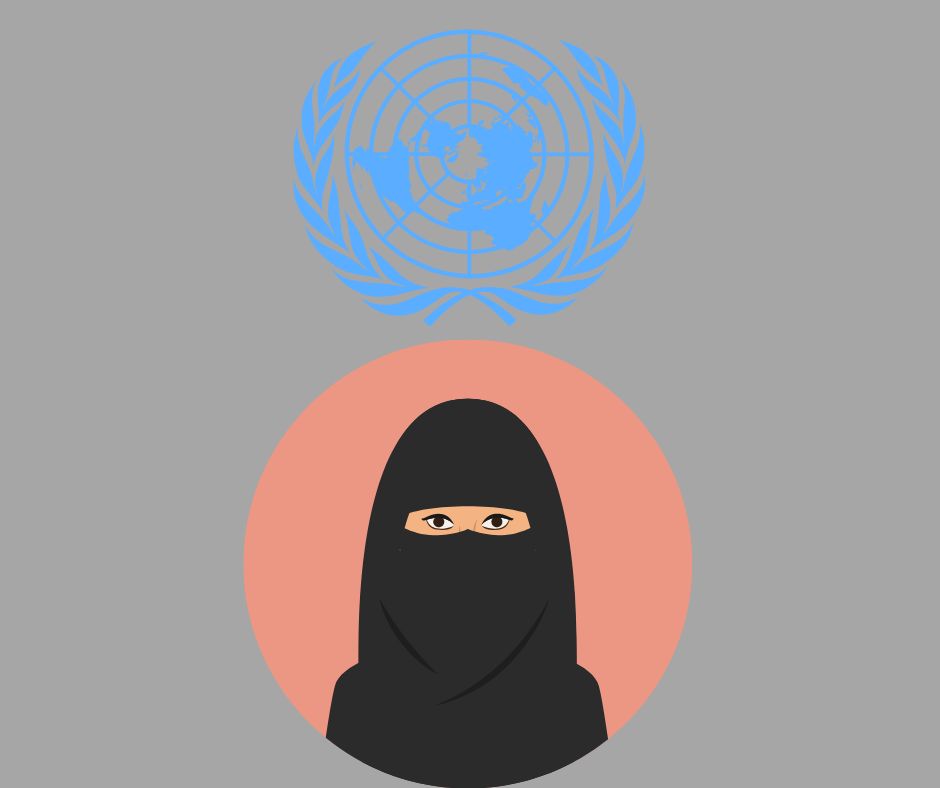
Source : AUN News
A Saudi lady was sentenced to over three decades in prison on Friday after being accused of following and retweeting alleged dissidents and activists on Twitter. The UN human rights office, OHCHR, voiced shock at the sentencing on Friday.
Salma Al-Shehab, a doctoral student, received a 34-year prison term and a 34-year travel ban in response to a slew of tweets and retweets she made about political and human rights issues in Saudi Arabia, according to a statement from OHCHR spokesman Liz Throssell.
The woman said we implore the Saudi government to overturn her verdict and provide her with an immediate, unconditional release.
“She should never have been detained and charged for such behavior in the first place.”
“Chilling” Consequences
The statement continued, describing the highly long sentence as “yet another example of Saudi authorities weaponizing the country’s counter-terrorism and anti-cybercrime laws to target, intimidate and retaliate against human rights defenders and those who voice dissent,” adding to “the chilling effect” among Government critics and civil society at large.
Ms. Al-Shehab, a 34-year-old mother of two young children, was detained in Saudi Arabia in 2021 when she was on vacation from her studies at Leeds University in the United Kingdom.
She was charged with using her Twitter tweets, retweets, and followers to disseminate fake information and support rebels trying to disturb the peace.
According to news sources, the case represents the most recent instance of how the nation has targeted Twitter users in a campaign of repression while also holding a sizable indirect investment in the American social media platform.
Journalists have also noted that weeks after US Vice President Joe Biden’s visit to Saudi Arabia, the special terrorist court sentenced the defendant. Human rights advocates had previously warned that this could encourage the Saudi government to step up its persecution of dissidents and other pro-democracy activists.
Request for release
“Saudi Arabia must review all convictions resulting from free expression against human rights defenders, including women who were jailed after they legitimately demanded reforms of discriminatory policies, as well as religious leaders and journalists,” said Ms. Throssell. In addition to freeing Al-Shehab so she can reunite with her family, she added, “Saudi Arabia must also release Al-Shehab.”
To safeguard everyone’s right to freedom of expression, association, and peaceful assembly, OHCHR also encouraged the Saudi government to build “a solid legal framework by international human rights law.”
Analysis by: Advocacy Unified Network
